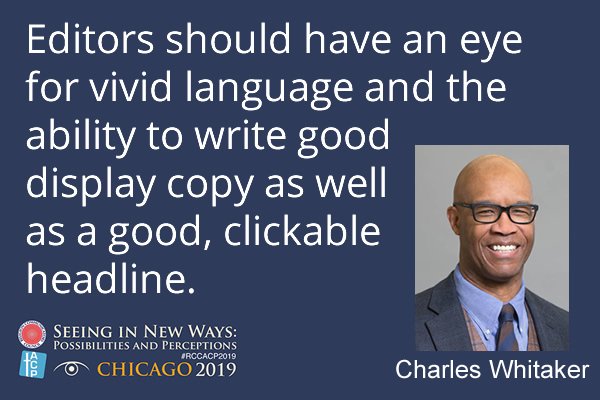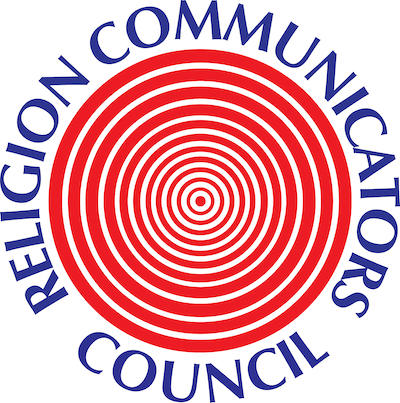By Steven Martin
 What makes a good editor? Someone with a clear vision and able to effectively communicate that idea to writers, especially freelancers.
What makes a good editor? Someone with a clear vision and able to effectively communicate that idea to writers, especially freelancers.
Charles Whitaker, in his workshop, “Working with Freelancers,” continued the Management Track into Friday morning at the Religion Communicators Council national convention. The room was filled with questions and conversation around the challenges that face our publications, editors, and how we gather news.
A good editor, Whitaker says, is only as good as his or her list of contacts. A good editor brings resources to the publication based on years of relationships, connections that have been grown and nurtured through good communication and collaboration.
Communication is key. A good editor, Whitaker explained, is not someone who gives the assignment and hopes to hear nothing until submission. An editor should communicate with the writer clearly at every point from the time the pitch is submitted, through the assignment and while the story is being written. Receptivity to a change in the focus of a story is acceptable when writer and editor are clear with each other.
Whitaker shared several salient points to those gathered:
- Editors should have an eye for vivid language and the ability to write good display copy as well as a good, clickable headline.
- Keep the detached reader in mind.
- Write headlines for those who do not yet care about the story, but soon will.
- Be specific: word count, sidebar length, etc. Don’t change parameters once they have been set.
- Writers do not like arbitrary editing. Be ready to explain why you made the changes you did.
Like most professional relationships, good communication produces good results and writers who will be ready to produce stories for you again.
Steve Martin is Director of Communications and Development for the National Council of Churches and is based in Washington, D.C.
